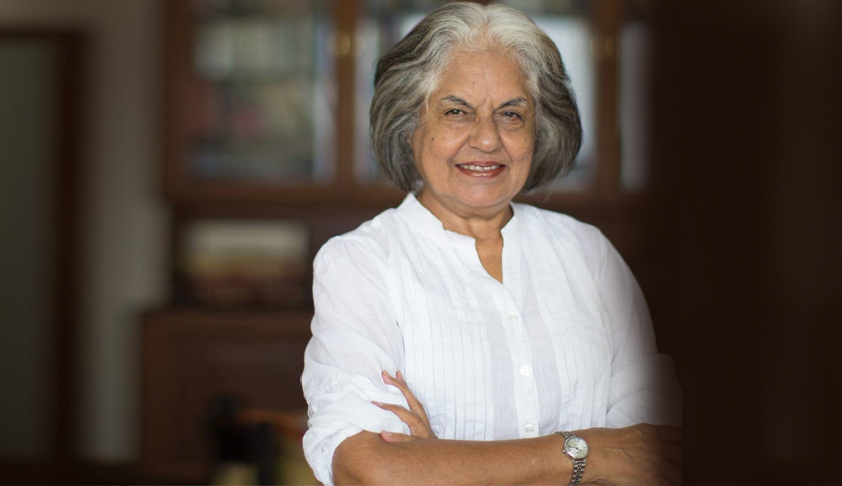Rape Trials: Amicus Curiae Indira Jaising Points To Sentencing Anomalies
LiveLaw Research Team
7 Feb 2017 7:51 PM IST

Next Story
7 Feb 2017 7:51 PM IST
The case, Nipun Saxena v Union of India, was heard by the Supreme Court bench of justices Madan B Lokur and Prafulla C Pant at length today.Amicus Curiae in the case, senior advocate, Indira Jaising began her submissions by giving an overview of the case. About six petitions, are listed in the case, seeking the Court’s directions to the Centre to take effective steps to contain sexual...
